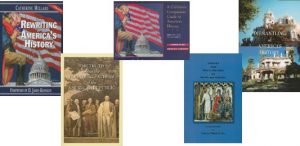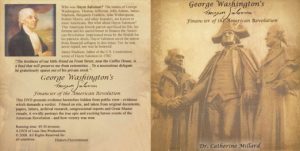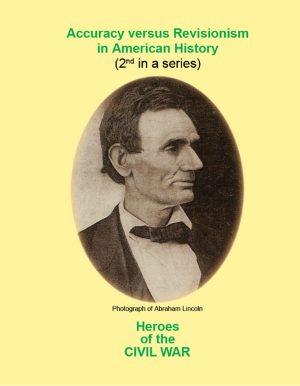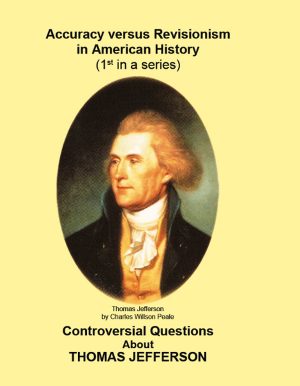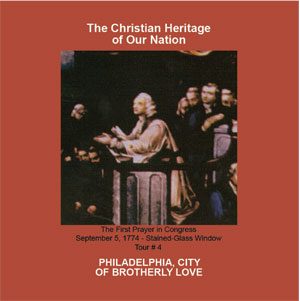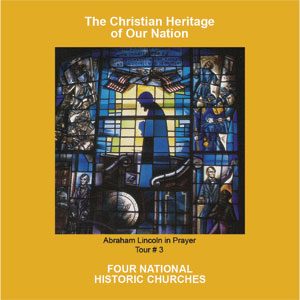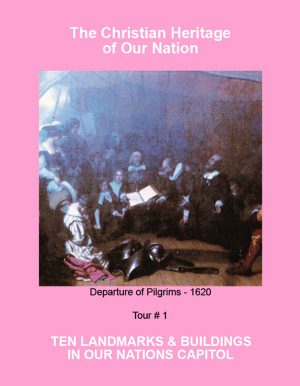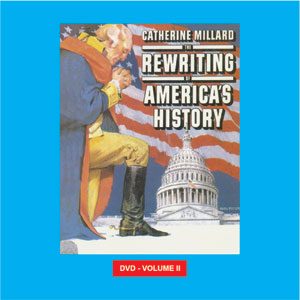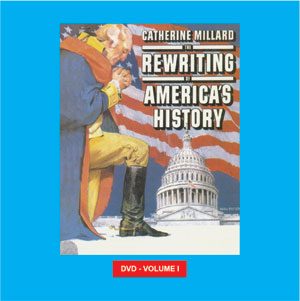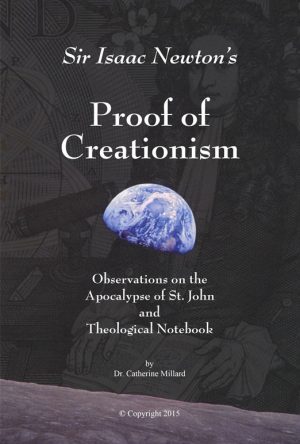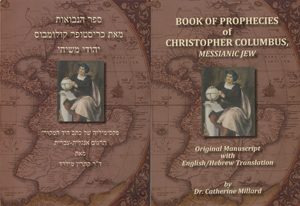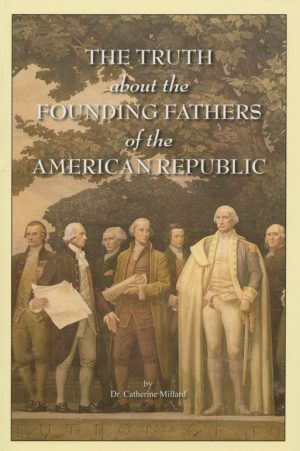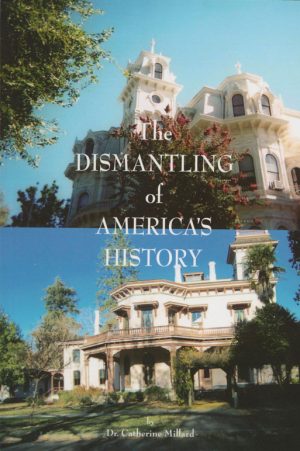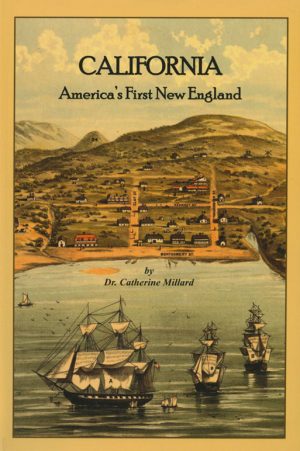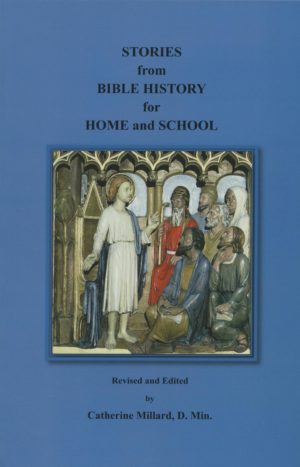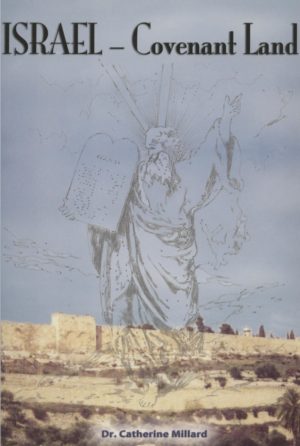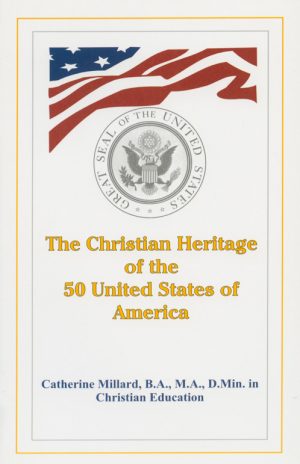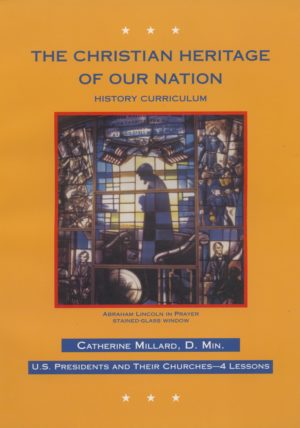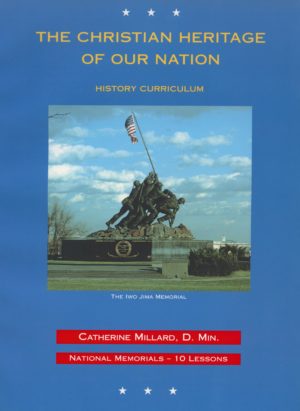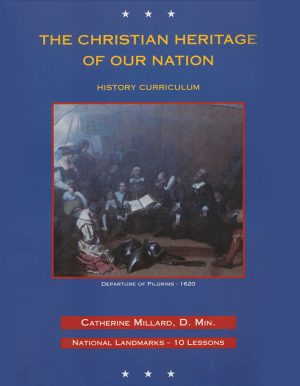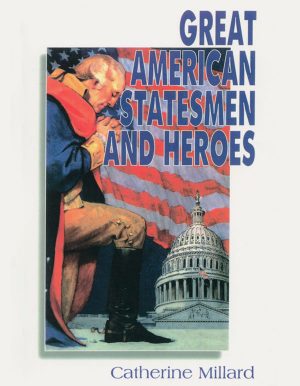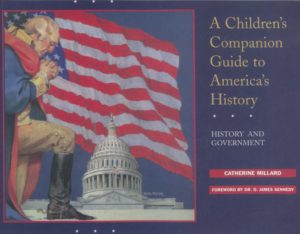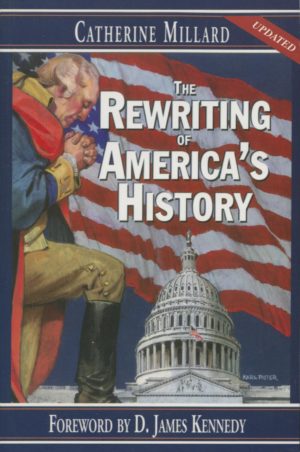The “Martyr Spy”
Hanged by the British in New York on September 22, 1776, Captain Nathan Hale has been called the “martyr spy” of the American War for Independence. He was, indeed, a true patriot in every sense of the word, and a great national hero. He is remembered by the youth of this nation, chiefly by virtue of his last words, prior to laying down his life for God and country:
“I only regret that I have but one life to lose for my country.”1
Nathan Hale’s Christian Foundations
Hale was born on June 6, 1755, at Coventry, Connecticut. Deacon Richard Hale, Nathan’s father, was a farmer and undaunted patriot for the cause of freedom. His mother, Elizabeth Strong, was praised for her virtue and integrity, which she demonstrated both in the home and in her outreach to the community. Nathan Hale’s ancestry was comprised of citizens whose hallmarks were excellence in education, manners and character, originating from solid Christian foundations and upbringing. Nathan grew up on a large farm, helping with the work and chores, but also developing sportsmanship as he hunted, fished and swam.2
Nathan is Prepared for Yale College by a Man of God
Reverend Joseph Huntington prepared Nathan and his brother, Enoch, for entry into Yale College. This minister of the gospel was a man of God and an exceptional scholar.3
Hale Meets Yale’s Greatest President
While a student at Yale, Nathan met Reverend Timothy Dwight, Yale’s greatest president, who befriended the young man. They had much in common, having both been prepared for studies at that college by two ministers of the Gospel, Rev. Joseph Huntington and Rev. Enoch Huntington, who were brothers. Nathan and Reverend Timothy Dwight, both avid readers, worked hand-in-hand to build up Yale’s Linonia Library.4
On September 3, 1773, Nathan Hale graduated from Yale. This took place in the Old Brick Meeting House of Center Church, where Nathan participated in a debate entitled: “Whether the Education of Daughters Be Not, Without Any Just Reason, More Neglected Than That of Sons.” It has been reported that Hale took the side of the daughters.5
Nathan Hale, the Educator
Immediately after graduation, Hale journeyed to Portsmouth, New Hampshire, to visit his uncle, Major Samuel Hale, a Harvard graduate and educator.6 It was there that he met his cousin, Samuel Hale, who was a lawyer by profession. He then taught school in both East Haddam and New London, from 1773 to 1775. History records that Nathan Hale displayed graciousness, diplomacy and discipline; and that he was an excellent teacher as well as an accomplished sportsman.7
In New London, Nathan made an inspirational speech for the cause of American independence at a town meeting. This took place in April, 1775, after receiving news of the “embattled farmers” at Lexington. Once again, he proved himself to be a debater par
excellence, captivating his audience.8
Hale Joins the Continental Army
Hale subsequently joined the Continental Army, participating in the siege of Boston. A solitary entry is seen in the diary he kept on foregoing his customary evening prayers to his heavenly Father. He writes: “Evening prayers omitted for wrestling.”9
Nathan Hale became a captain on January 1, 1776. Boston being evacuated in March 1776, the colonial army moved to New York. Hale joined the troops a month later. His patriotism, diligence, steadfastness and conscientiousness led to his being chosen by Lieutenant Colonel Thomas Knowlton of Connecticut as one of his four captains.10
George Washington Makes An Urgent Appeal for a Volunteer Spy
At this time of pending disaster during the War for Independence, George Washington made an urgent appeal for a volunteer to obtain for him, the enemy’s strategies and plans. A trustworthy and able spy was needed to penetrate enemy lines. Being apprised of the situation, Lieutenant Colonel Knowlton called upon his captain for volunteers. No one volunteered after the first call. Nathan Hale was the sole volunteer after a second call. William Hull, a trusted friend, tried his utmost to dissuade Hale from this dangerous task. Nathan’s response, however, was the following:
“I wish to be useful, and every kind of service necessary to the public good becomes honorable by being necessary.”11
Nathan is Betrayed by his Tory Cousin Samuel
On September 12, Nathan entered the enemy lines, taking his college diploma with him, with the intention of playing the part of schoolmaster. Successfully achieving his goal, he returned from Long Island to New York. On September 21, 1776, close to his own army lines, he was stopped, identified as a spy and taken to General Howe.12 This God-fearing, patriotic young man was betrayed by his cousin, Samuel Hale. History tells us that strategic plans and documents were in his possession. This being the case, General Howe ordered that he be hanged on the gallows the following morning without a trial.13
On Sunday, December 22, just prior to his execution, Nathan met Captain John Montresor, Chief Engineer of the British Army, and spent his last hours with this gentleman, in his marquee. Montresor greatly respected and admired the young American’s gallantry and calmness after being sentenced to death. Montresor records Hale’s last desires and words for posterity. He requested paper and pen with which to write to his brother Enoch and to Colonel Knowlton. Montresor’s eye-witness account of Nathan Hale is that he went to the gallows with few people around him.14 His immortalized, dying words are engraved in America’s historic annals. These were the last words of an inspiring and moving speech made by the young hero: “I only regret that I have but one life to lose for my country.”
At the time of betrayal, Samuel Hale was serving General Howe as Deputy Commissary of Prisoners. He died in 1787 in England, where he had subsequently fled.
Nathan Hale Immortalized in America’s History
A tombstone to the memory of Nathan Hale was erected in 1794 in the graveyard at Coventry. Its immortalized message to future generations states that “he resigned his life a sacrifice to his country’s liberty at New York, September 22, 1776.”15
Character Sketch of Nathan Hale –
Colonel Samuel Green’s Picture of Hale
as a School Teacher (January, 1847)
…Hale a man peculiarly engaging in his manners –
scholars old and young exceedingly attached to him –
respected highly by all his acquaintance – fine moral
character – Was exceedingly active… a vigorous,
robust, healthy man –form symmetrical – social,
sprightly – steady – in nature and education every way
equal – about my height – face full of intelligence and
benevolence – manners mild and genteel – a face and
appearance that would strike anyone anywhere – face
indicative of good sense and good feeling – warm and ardent –
captivating to all who saw him – Taught the classics and English –
the school owned by the first gentlemen in the city – recommended
by the faculty of Yale College probably – children all loved him
for his tact and amiability – Went first from New London to see
his parents – then to Cambridge – had been in the school about a
year before he left – wonderful control over boys – without
severity…His fate made an indelible impression upon all the boys
of his school…16
To learn more, click here. (Statesmen/Heroes book)
___________________________
Bibliography:
1
Seymour, George Dudley. Documentary Life of Nathan Hale, comprising all available Official and Private Documents bearing on the Life of the Patriot. New Haven: Printed by the Author, 1941, p. XXV. Rare Book Collection, Library of Congress, Washington, D.C.
2
Ibid.
3
Ibid., p. XXVI.
4
Ibid., p. XXVII.
5
Ibid.
6
Ibid., p. XXVIII.
7
Ibid.
8
Ibid.
9
Ibid., p. XXIX.
10
Ibid., p. XXX.
11
Ibid.
12
Ibid.
13
Ibid., p. XXXI.
14
Ibid.
15
Ibid., p. XXXIII.
16
Ibid., p. 160.
